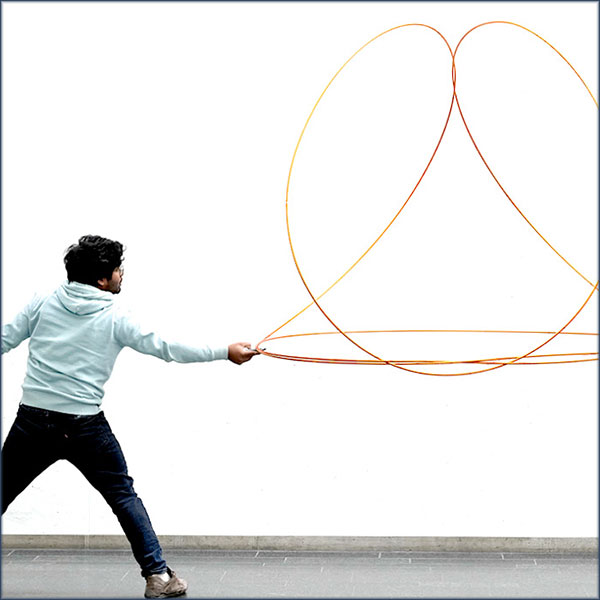HIGHLY GIFTED
How not to miss the next Nobel Laureate
Highly gifted children never used to be very welcome at Swiss universities. But things are now changing, and the universities are doing more to integrate these young arrivals in their community. A round of introductions.
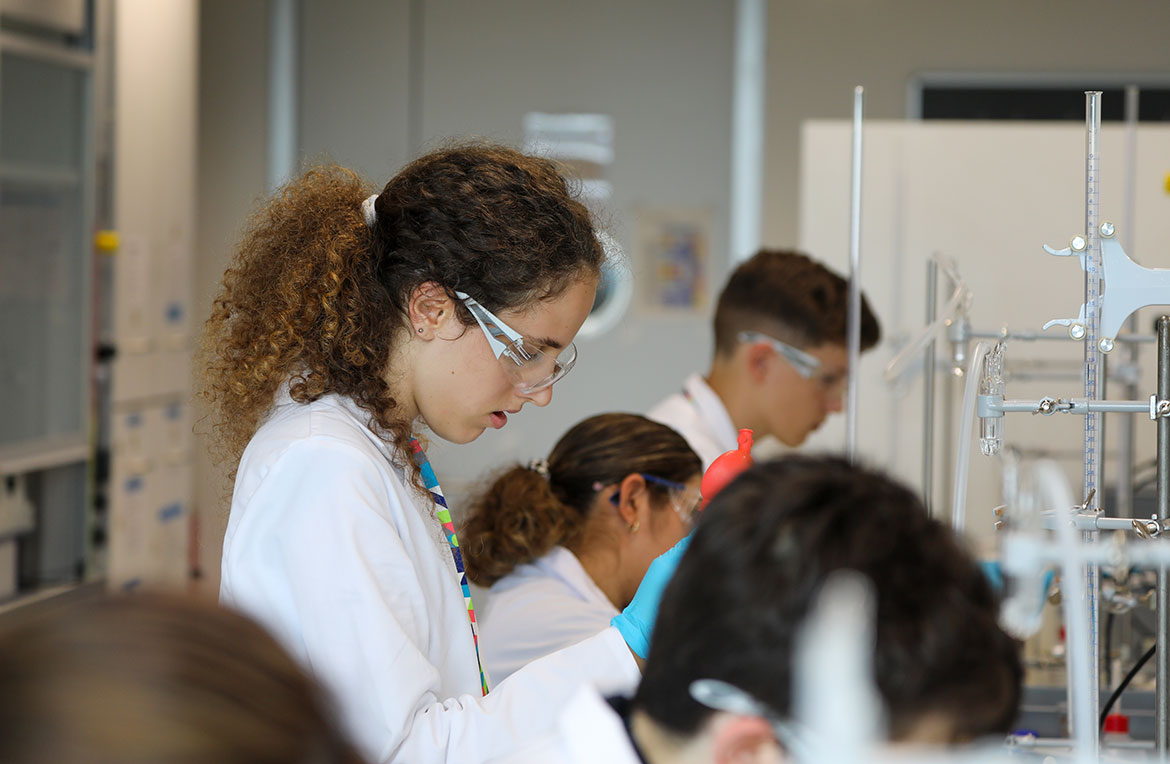
A practical test at the International Chemistry Olympiad, held in Switzerland in 2023. | Image: ETH Zurich / Luca Ferrari
At just 14 years of age, Kathryn Hess enrolled at the University of Wisconsin-Madison in the USA. She never regretted it. Today, she is a professor of mathematics and Associate Vice President for Student Affairs and Outreach at EPFL. In our phone interview, Hess jokes that her IQ is simply “high enough”. She adds: “US universities are very flexible and keen to have gifted students. Had I lived in Switzerland back then, I might have followed a different path”.
This is exactly what happened to Maximilian Janisch, who has an IQ higher than 149 and a passion for mathematics. His case hit the media in 2011 when he was nine and ETH Zurich refused to accept him because they felt he was too young. It was his case that first drew attention to universities being unable to meet the needs of highly gifted children.
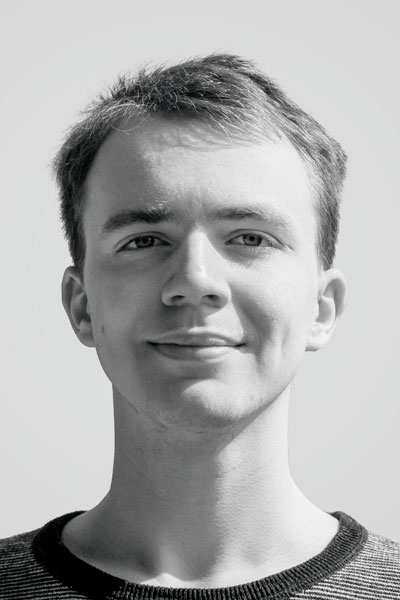
“Even nowadays, some universities don’t feel any pressure to chase young, high-potential students because their reputation is already secure”, says Regula Haag, the chief executive at the Foundation of Highly Gifted Children in Zurich. “But others have learned that it’s important to recruit them, otherwise they will go to the US or the UK where they are better supported”. In academia today, there is fierce competition for the brightest minds, because they can help a university to improve its rankings and get more funding. This is why Swiss universities are now also devoting more attention to highly gifted children, setting up initiatives to try and attract them and keep them. But there is still room for improvement, according to all the experts we have contacted.
The gender gap
A highly gifted child is intellectually able to perform better than average in one or more subjects. This is a trait that usually reflects in their scoring more than 130 on an IQ test. “These children want to go deeper into topics and learn faster”, says Haag. They run a real risk of getting bored and depressed, and of underperforming. This means that dropping school classes and entering university as teenagers can be an option for them.
In the last decade, universities have begun offering programmes to secondary schools in an effort to attract such students. EPFL offers the Euler Course, an accelerated maths class for some 30 exceptional schoolchildren (though not all of them are considered to be in the ‘highly gifted’ category).
The universities of Zurich, Bern, Basel, Lucerne and Geneva offer programmes in various fields – mostly in the sciences, technology, engineering and mathematics – to promote subjects that are in high demand right now. Often, school students are given the opportunity to get credits and pass the first year of a Bachelor degree at the university offering the course in question.
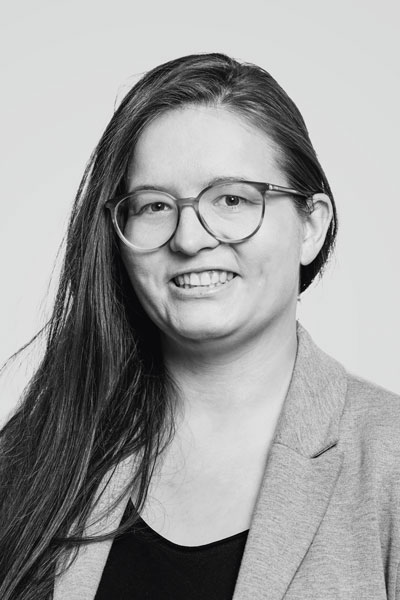
Attracting gifted people from all walks of life is difficult, though. A gender gap has emerged among highly gifted children, with girls missing out. “Boys are very competitive. But girls, even if they are gifted, often don’t want to show off or skip classes. They want to fit in and keep friends”, says Katarina Farkas of the University of Teacher Education Zug who researches into gifted people. Hess also argues that these school programmes appeal primarily to students whose parents have university degrees, whereas those from poorer backgrounds may not even consider getting involved. She advocates for offering as many opportunities as possible, and for raising awareness about such courses by establishing targeted outreach programmes.
Mentors needed
In order to enrol at a Swiss university, highly gifted students have to comply with the usual admission criteria like any other student. While there are usually no age restrictions, they still need a full Swiss school-leaving certificate. “Here we pay great respect to treating everyone equally, which is fine. But in exceptional circumstances, we might consider the possibility of bending the rules”, says Hess. She didn’t have any diploma prior to attending university, for many US colleges allow students to earn one during their tertiary studies.
A major question is whether gifted children can adapt socially and psychologically to an adult environment. “Each case is different, but if the child has been supported by their school and demonstrates a degree of autonomy, then age is not a problem”, says Haag. Recent research shows that they tend to do well in their subject, and that they perform similarly to other students on a social level. A 2021 study at the University of Vanderbilt (Tennessee) analysed the psychological and social effects of academic acceleration on gifted students over a period of 35 years, and found no cause for concern. As for the older students, they don’t seem to be bothered about the younger, very talented ones: “The very few people who knew about my age were cool about it”, says Hess.
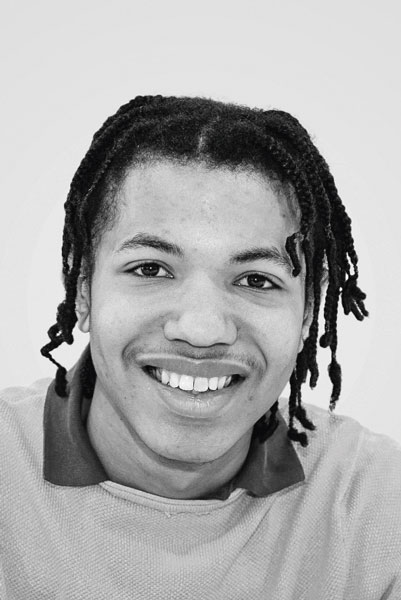
Farkas cautions against considering these positive aspects as a pretext for withholding special attention from younger students: “If a child is happy, then it’s all OK. But if he or she is in a challenging situation, then we need to give professional support”. She suggests assigning high-potential students a mentoring figure. Mentors could help them to get organised, they could be at hand if problems arise, and provide advice on how to study. Haag recalls the case of “very gifted students who went to ETH Zurich and failed their first exam. They’d had to study for it, but didn’t know how, because they’d never needed it before!”
Spotting talent early
Some gifted students would be happier if they could skip basic lessons that are boring for them, even at university level. Several US universities go as far as to offer tailor-made courses and even early opportunities to engage in research. But since Switzerland is part of the Bologna Process, courses here are very standardised, especially at Bachelor level, and difficult to change.
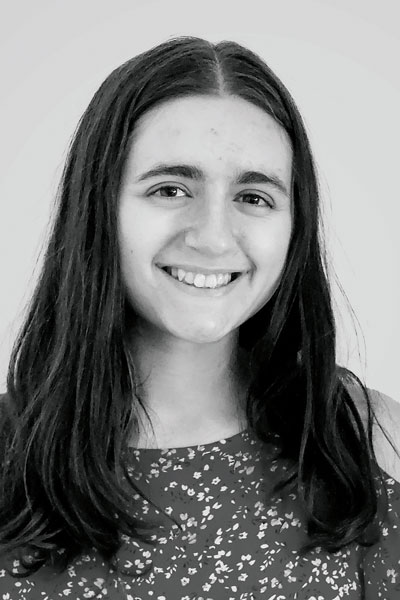
So far, coaching and ad hoc courses are in place only for graduate students. “In the quest for the next Nobel Prize, universities think that they should support students from the PhD stage upwards”, says Claus Beisbart, the coordinator of the programme for highly gifted secondary school students at the University of Bern, “but we should be more attentive before this”.
One major issue is finding resources and university staff. Regula Haag thinks that small changes could already help. She proposes locating mentors who are experts in giftedness and including them on the boards of Swiss universities. They could then organise appropriate activities and coordinate them with other universities.
Helping highly gifted students to realise their potential would be a winning strategy for the students themselves, universities, and society. “Gifted people could help solve the problems of our society if we keep our eyes open to them and help their development”, says Farkas.

